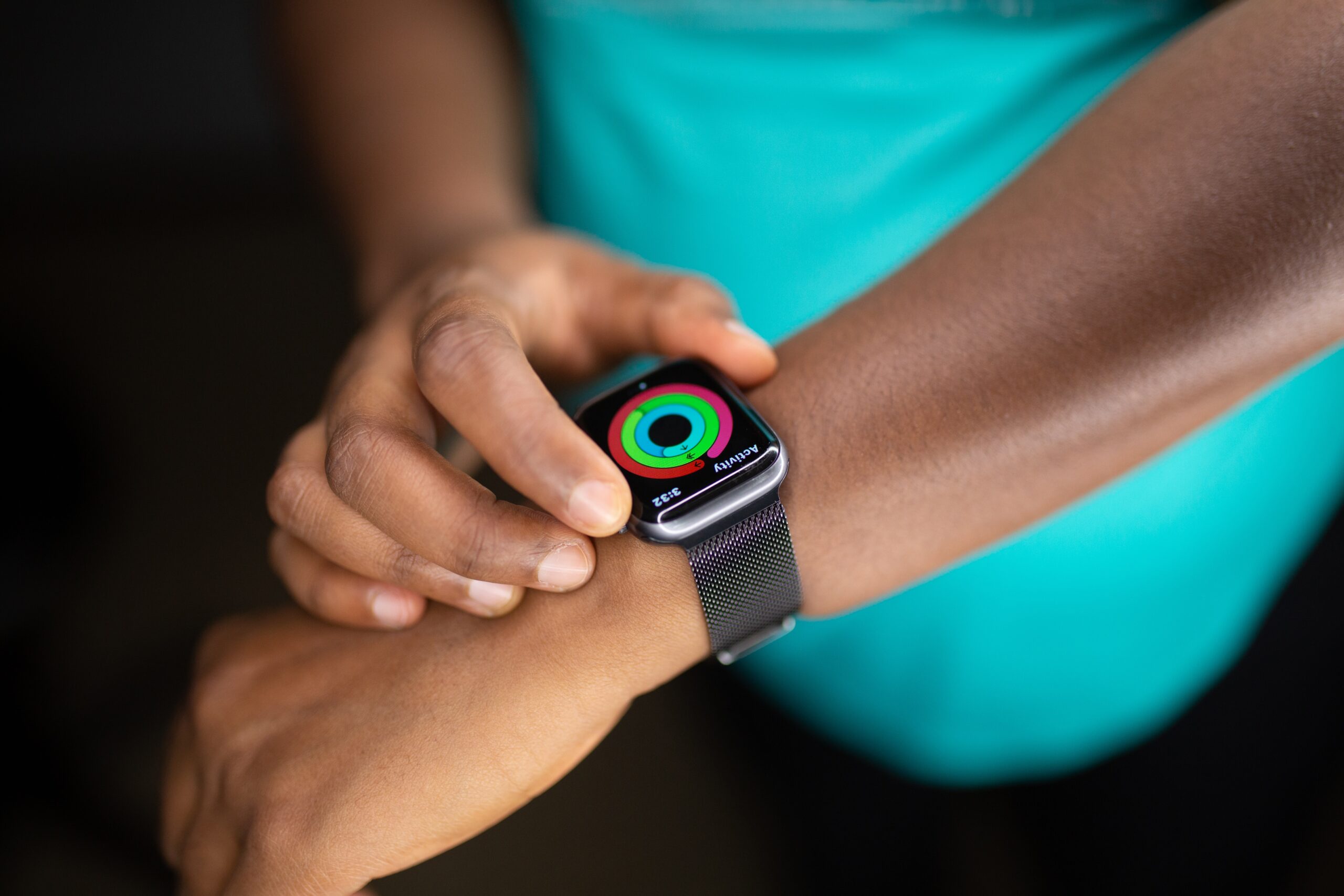
Wearable devices that can track fitness data are becoming extremely popular. David Regan, Atlanta certified personal trainer, says that people of all ages and fitness levels are buying this wearable technology in hopes that it will help them stay on track and keep them motivated to live a healthier lifestyle.
But do these devices actually work, or are they a fancy expense that touts to do more than they actually do? Below, David Reagan discusses how wearables can help you improve your wellness and some potential drawbacks to pay attention to.
They Lead to More Activity
Recent research has shown that wearables can inspire people to exercise more than they currently are. A 2022 research study found that people wearing fitness trackers walked as many as 40 extra minutes per day than when they did not.
For many people, that equates to more than 1,800 additional steps or more than an additional mile per day. That extra activity certainly adds up quickly and could profoundly impact your overall health.
Other studies have found that wearables are particularly effective when the people who use them set specific goals for their daily and weekly activities. In other words, simply wearing the devices doesn’t result in added activity; it’s the combination of goal-setting with tracking progress toward the goal.
They Result in Improved Health
Studies have also shown that wearables directly benefit people’s overall health. The additional activity they encourage leads to better fitness as well as weight loss.
The wearables can also help people lower their cholesterol and blood pressure, both of which could profoundly affect the health of people suffering from conditions such as type 2 diabetes.
More advanced wearables can also provide real-time tracking of major health data points, which enables people to stay on top of potential health hazards throughout the day. If the wearable indicates a rise in heart rate, for instance, it could serve as a reminder to step away and take a mental health break.
This positive side benefit could have a cyclical effect: The better headspace you’re in, the more likely you are to want to work out and be healthy, which leads to an even better mental state.
Concerns Abound Over Data Security and Privacy
David Reagan, Atlanta certified personal trainer, points out that there are a lot of potential benefits to wearables and overall wellness, but there are some concerns, too, especially in terms of data security and privacy.
No matter how you slice it, these devices are tracking loads of data points on you as you wear them. Not only are they tracking the number of steps you take in a day, but they’re also tracking basic health information as well. If you connect your device to emergency service options, the devices are also likely tracking much of your personal information.
Since these devices are always connecting to cell phone towers and/or public wifi hotspots, there is the potential for your data to be stolen and revealed in a public space. That’s why it’s important to understand what your wearable is tracking and ensure you take all safety and security steps seriously when you set up and use your device.
About David Reagan
David Reagan is a NASM Certified personal trainer from Atlanta, GA, who specializes in weight loss, personalized workout plans, bodybuilding, and nutrition. He caters to high-end clients and executives, helping them achieve their fitness goals by accommodating their busy schedules. The client’s needs come first, and David’s fitness plan will set you up on the path to success.